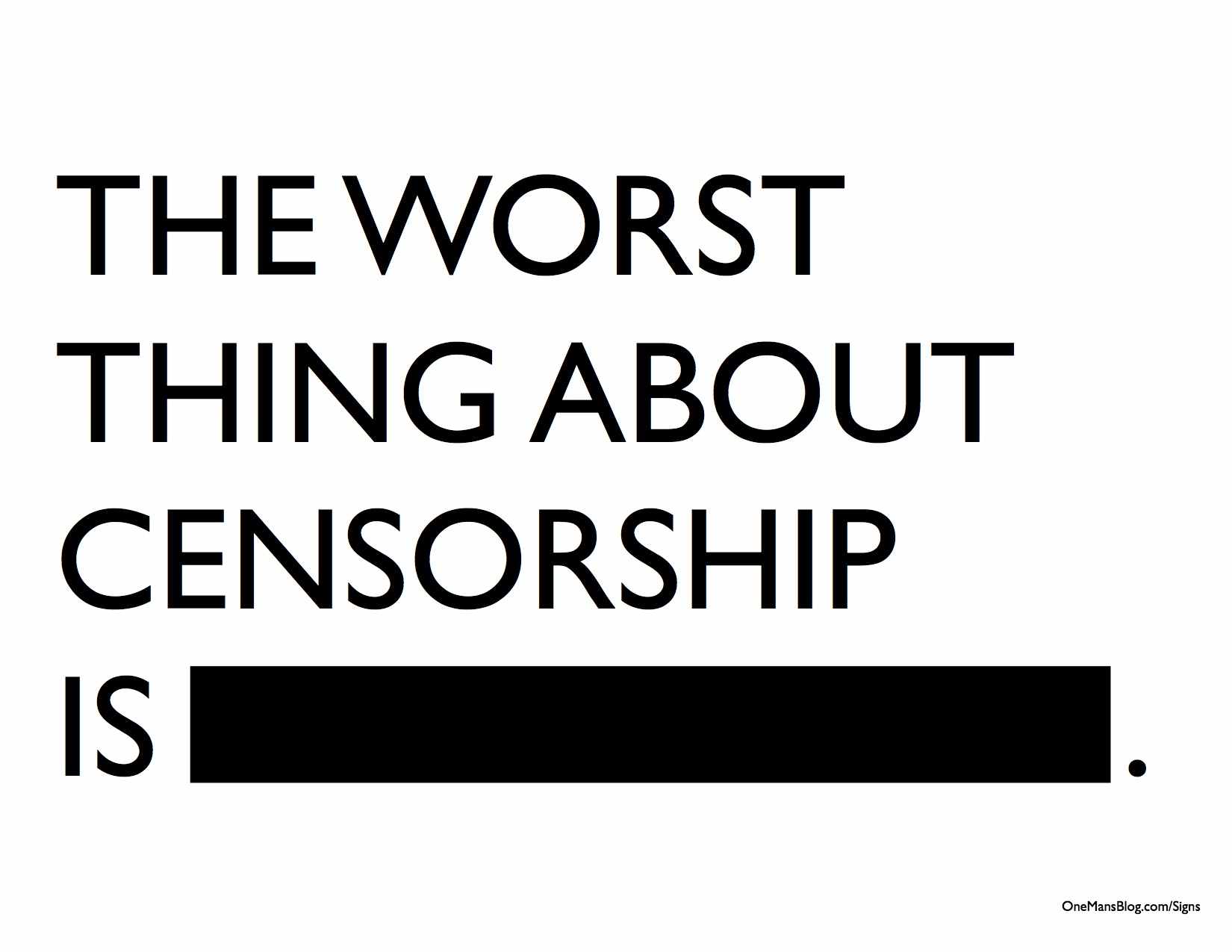I have often been involved in heated discussions about the nature and existence of censorship in our country. Recent PLPN attempts at appeasing the crowd of baying artists who claim to be oppressed when it comes to our censorship laws were often the trigger for such conversations. I tend to hold the opinion that most censorship is in your head and that this, coupled with the need for basic criminal offences that need not be extended to the sphere of the stage (I understand the rationale behind a blasphemy law but not the nonsensical application thereof to a dramatic performance), is where most of our censorship really is.
My suggestion to “provoke” the law and its jurisprudence very often finds the boringly repetitive argument of “it is easy to be a sofa critic” thrown at me. The truth remains though that a large part of our artistic and intellectual community are virtually advocating for some form of nihil obstat from the state – a permission to be naughty. I tend to draw on the tried and tested “provocations” by Banksy as an example but today I’d like to give another historic parallel. Here is an extract from Niall Ferguson’s “Civilisation”, in the hope that it could continue to “provoke” this discussion.
“The revolutions of 1848 were even more widespread. People took to the streets in Berlin, Dresden, Hanover, Karlsruhe, Kassel, Munich, Stuttgart and Vienna, as well as in Milan, Naples, Turin and Venice. It was a revolution led by intellectuals disenchanted above all with the limits imposed on free expression by the royal regimes restored in 1815. Typically, the composer Richard Wagner and the Russian anarchist Mikhail Bakunin did their bit for the ‘world conflagration’ by plotting to write a blasphemous opera together.
Wagner had, according to his autobiography ‘conceive[d] the plan of a tragedy for the ideal stage of the future, entitled Jesus of Nazareth. Bakunin begged me to spare him any details; and when I sought to win him over to my project a few verbal hints, he wished me luck, but insisted that I must at all costs make Jesus appear as a weak character. As for the music of the piece, he advised me, amid all the variations, to use only one set of phrases, namely: for the tenor, “Off with His head!”; for the soprano, “Hang Him!”; and for the basso continuo, “Fire!, fire”‘. The anecdote nicely captures the overheated spirit of 1848.”

